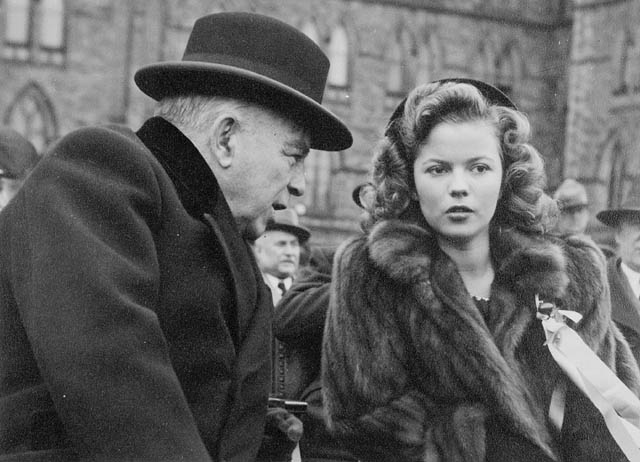Shirley Temple was probably the greatest child star, not only of her generation, but of any generation. She was not just popular, she was phenomenally, outrageously popular. No one hadn’t heard of her. Of course, her popularity was at its height in the 1930s. But even for someone growing up in the 1960s, 70s and 80s, she was still—despite the fact that she gave up acting early in her life—familiar to everyone and her movies were still frequently aired on television (which, those of us with cultural memories know, was the only way one could see old movies).
Of course, she was almost unbearably cute. But she perpetrated her cuteness on a nation at a time when it was okay to be cute—and innocent. We have forgotten that there was a time when simple innocence was not considered abnormal. It was taken for granted that innocence was a desirable thing. There was a time when people actually thought well of good people and wanted to be like them and our culture didn’t conspire to undermine these sentiments.
As an innocent child star, it is hard to think that Shirley Temple might be the object of sexual abuse. But as Ann Hulbert relates in a recent article in the Wall Street Journal, on at least one occasion she was.
One day, the twelve year-old Temple was alone with MGM producer Arthur Freed in his office when he exposed himself to her. She didn’t rush out to a microphone or call a lawyer. She looked at him for a moment … and then burst out laughing. The humiliated Freed was so incensed that he ordered her to leave immediately.
She then went and told her mother, who shared her own stories of attempted abuse at the hands of an industry that today gives everyone else preachy lectures on how to behave towards women, but has a sorry record of practicing what it preaches.
Today, despite all the talk of how women handle themselves just as well as men, the whole dialogue about sexual harassment seems infected with the opposite presumption that women are vulnerable and defenseless. When the issue is women in combat, they can fight with the best of them, but when the issue is sexual harassment, they are fragile flowers in need of protection from those mean old hairy men. The whole discussion is at once in denial about sexual differences, and patronizing toward women.
So let’s remember what one famous child star did to put her harasser in his place.
—
















Leave a Comment
Your email address will not be published. Required fields are marked with *